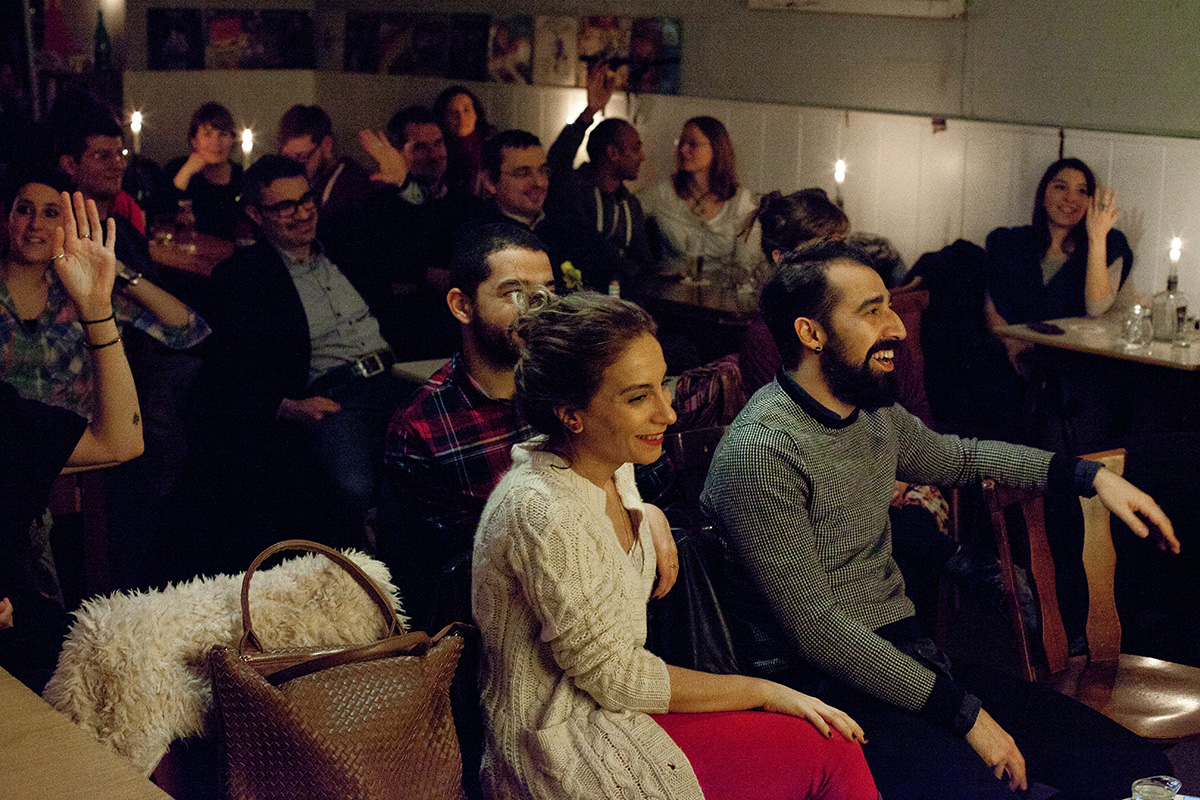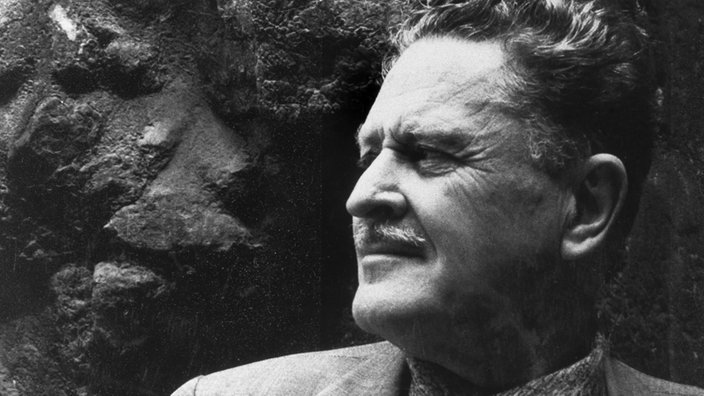Turkey is not only a recurring theme in German-Turkish films, but also in documentaries. German filmmakers deal with their living music culture, family stories and societal rifts. Often people who move between Turkey and Germany and the connection between the cultures play a central role, regardless of the topic. We’ve chosen five that we think are the most important German productions of the last ten years.
Crossing the Bridge – The Sound of Istanbul
Director: Faith Akin, 2005
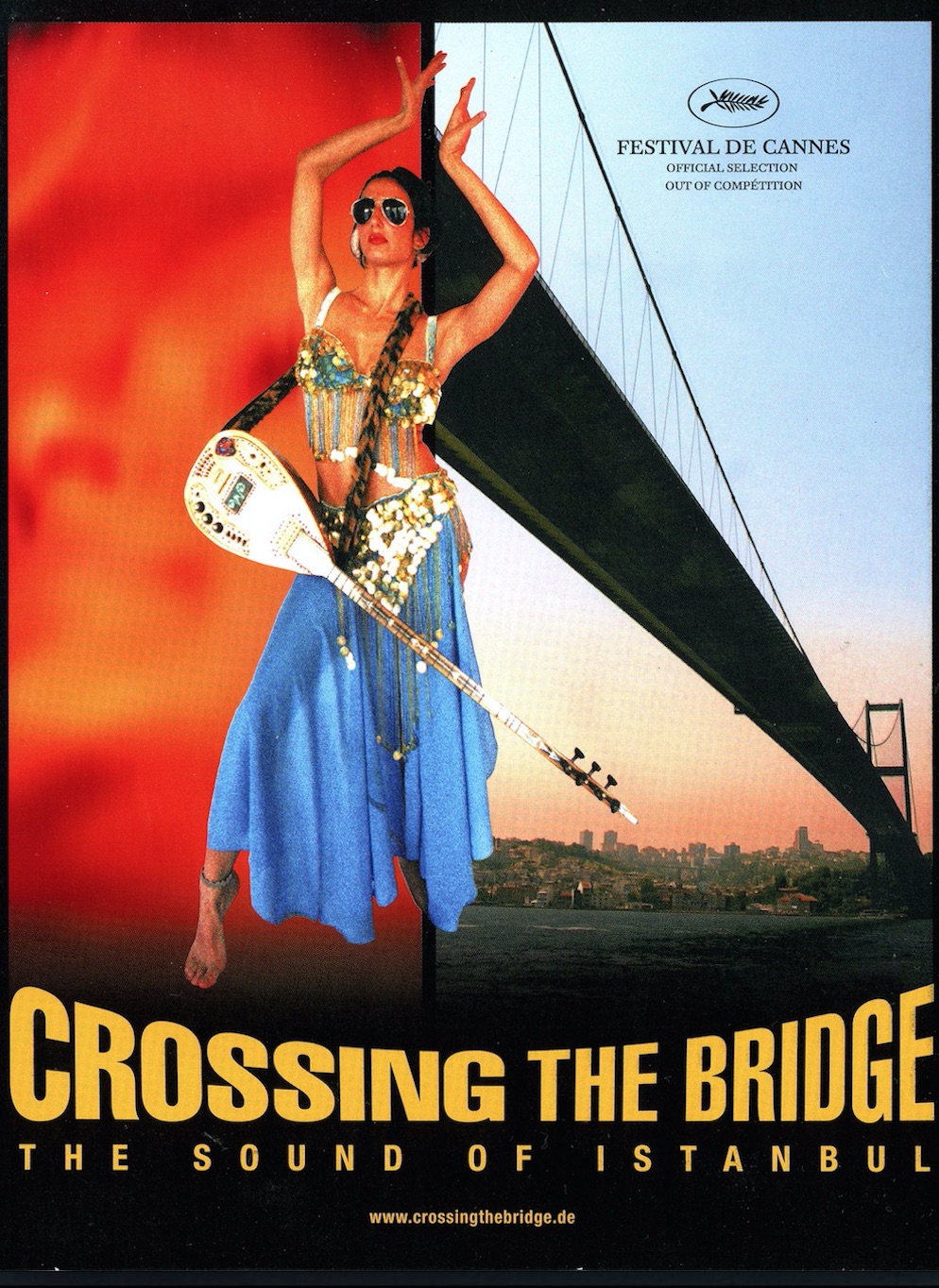
After Fatih Akın created a milestone of German-Turkish cinema with »Head-On,« the director from Hamburg was successful in his documentation of music in Istanbul. In »Crossing the Bridge,« Alexander Hacke from Einstürzende Neubauten explores the music scene in the metropole for 90 minutes. Along the way, he meets the most diverse characters; street musicians, who philosophise about the world with rough voices and untuned guitars or the prominent rapper Ceza or singer Aynur, whose Kurdish song echoes throughout an old hamam (old Turkish saunas). Hacke meets Romas making music, who organise fasıls (lively small concerts in Turkish meyhanes, or watering holes) and get drunk while doing so, or the Canadian Brenna MacCrimmon, who reinterprets Turkish folk songs. When Baba Zula play the electro saz together with Hacke and MacCrimmon sings of the longing to be a seagull while on the deck of a ship on the Bosporus in front of the rising sun (»Ben bir martı olsam«), any remaining doubts about Istanbul’s fascinating music scene are washed away.
Wir sitzen im Süden
(We Live in the South)
Director: Martina Priessner, 2010
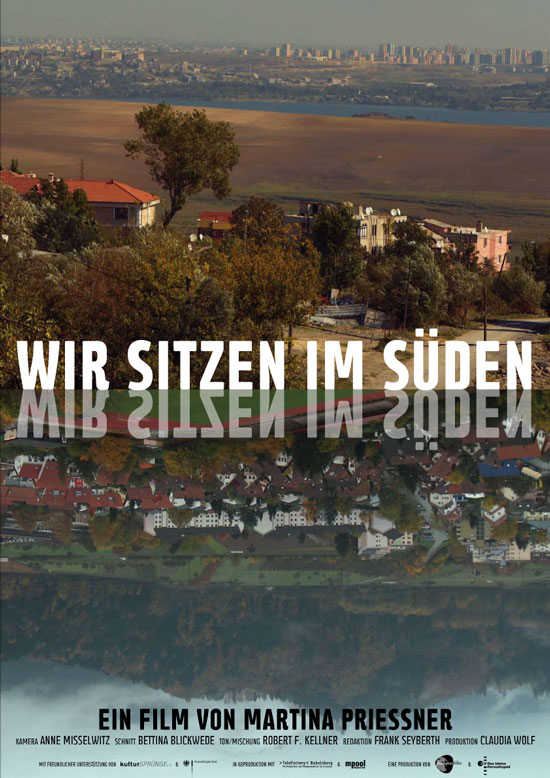
This film impressively depicts the fate of people who live in Turkey, but whose lives are still strongly connected to Germany. They work in Istanbul call centres with made up German names and assist the customers of German companies. Deportation, visa problems or the wish to live in the home of their parents. The reasons that Germany becomes a place of longing, are various. And the call centres become a refugee and German parallel world of those portrayed. Filmmaker Martina Preissner shows the dilemma of German Turks as well as the result of a broken immigration policy.
Remake, Remix, Rip-Off:
About Copy Culture
& Turkish Pop Cinema
Director: Cem Kaya, 2014
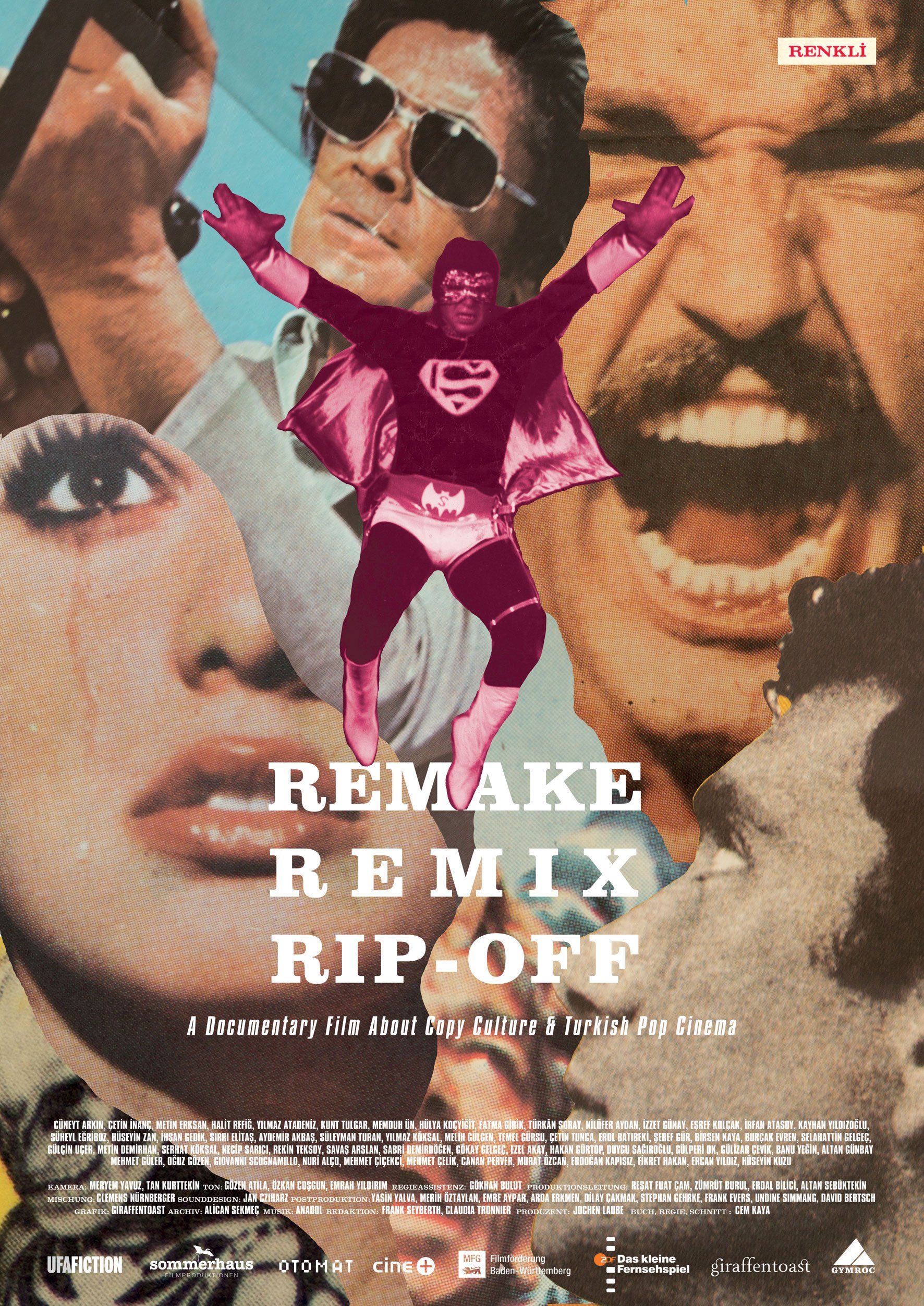
Turkish films from the 1960s, 70s and 80s still enjoy large popularity. The blame lies with the trash factor and the reckless propensity with which the then Turkish film industry copied other films. It was centred in the Istanbul Yeşilçam Street, which is now the name for films from those times. There is likely not one HOlldywood series from those times that doesn’t have a Turkish version. »Remake, Remix, Rip-Off« gives the word to actors who can no longer count how many Yeşilçam films they acted in. Director Cem Kaya shows how cheeky and unintentionally comically Rambo, Star Wars and cowboys took over Turkish film.
Mein Vater, der Türke
(My Father, the Turk)
Director: Marcus Atilla Vetter, 2006
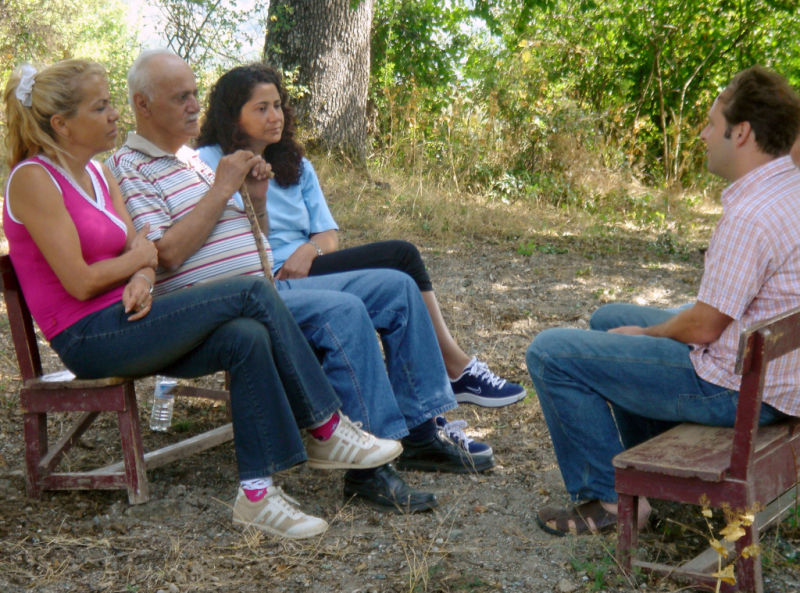
Marcus Atilla Vetter’s memories of his father are few. He is the son of a German mother and Turkish father, who, after a few years in Germany, returned to Turkey. With the help of his mother’s diary, Marcus Atilla reconstructs the family history and travels to the village of Çubuk, in order to get to know the father who is a stranger to them, and to trace the history of his family. A journey of self-discovery that takes the viewer with it and ignores clichés.
Istanbul United
Directors: Olli Waldhauer and Farid Eslam, 2014
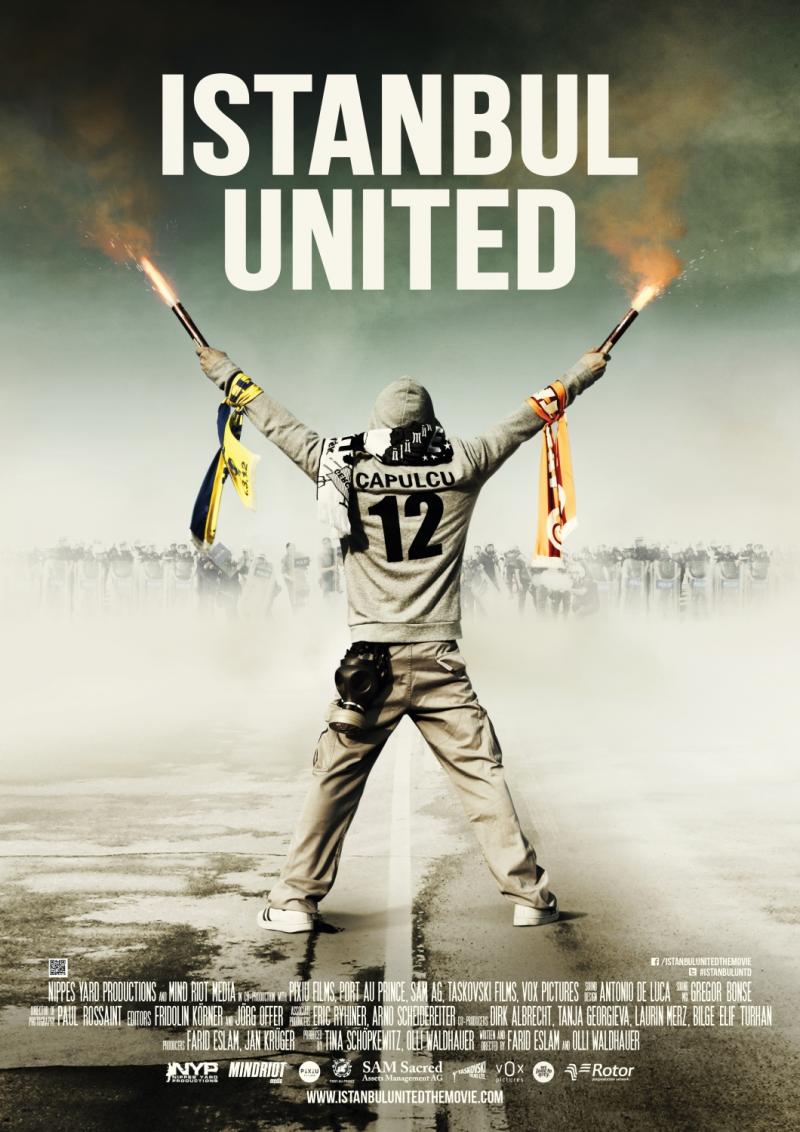
Football in Turkey is more than just a sport. The three large Istanbul clubs Galatasaray, Beşiktaş and Fenerbahçe are known for widespread rivalries between one another. When the enemy fan clubs met each other during the Gezi Protests in 2013, there was an unexpected unification amongst the groups. Together, they protested to change Turkey in a sustainable way. Filmmakers Olli Waldhauer and Farid Eslam were there at the time. »Istanbul United« stunningly depicts the meaning and power of the football fan culture in Turkey.

